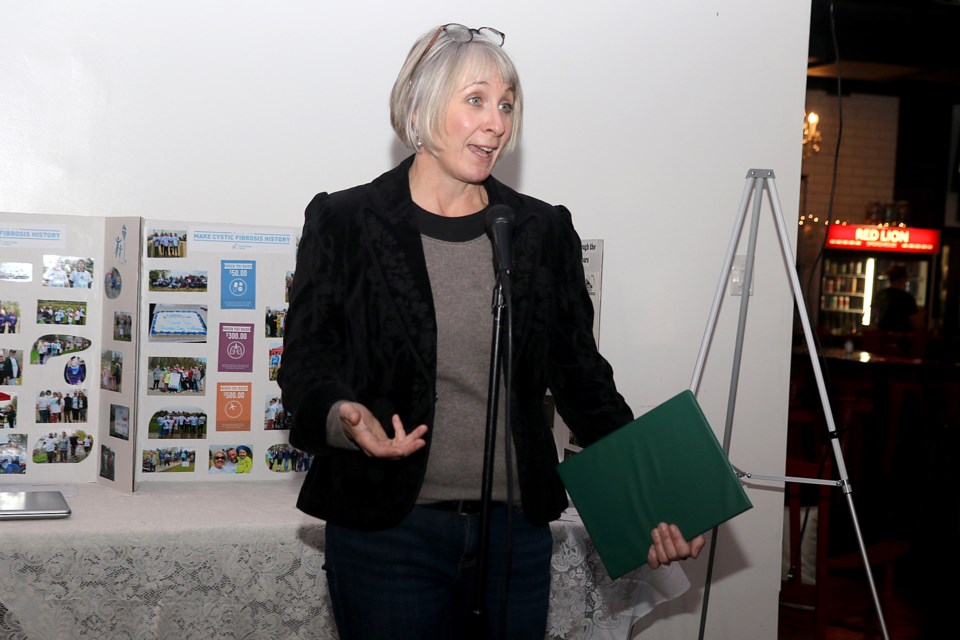THUNDER BAY – Tweaking Canada’s assisted-dying law, dealing with the country’s long-standing opioid crisis, delivering equitable health-care to Indigenous communities and developing a national pharmacare plan are the top issues newly anointed federal Health Minister Patty Hajdu plans to tackle during her government’s next term in office.
Hajdu on Saturday said she plans to sift through a comprehensive universal pharmacare report produced for the Liberal government by former Ontario Health Minister Eric Hoskins and then sit down with provincial and territorial leaders to explore what works best for Canadians.
“Ultimately at the end of the day, the goal has to be that people don’t have to make a choice between food and medication,” said Hajdu, who brings an extensive background in public health to the portfolio, which she took over from Moncton MP Ginette Petitpas Taylor in Wednesday’s cabinet shuffle.
“We know this isn’t just good for those people and those families. This is good for the functioning of Canada. When we have more healthy people, we have a more prosperous Canada, a more prosperous country and this is something that is going to be of monumental importance to all Canadians.”
The Liberals have promised $6 billion over four years for pharmacare, but that money must also pay to improve public access to doctors and mental health services.
Prime Minister Justin Trudeau has called the money a down payment, and a fully functional pharmacare program, according to a recent CBC report, would cost $3.5 billion over 10 years, beginning in 2022, but that number would grow to $15.3 billion a year starting in 2027.
Asked if it’s affordable, Hajdu said focusing solely on the cost clouds over the big picture.
“We lose many, many dollars all across the country – millions and millions lost dollars – as a result of people not being able to get well from diseases, not being able to control diseases, not being able to treat their illnesses so they can remain functional, so that they can reach their full potential,” Hajdu said.
“I’m looking forward to meeting with the provinces and territories, hearing their ideas of how we move forward together and we’ll have more to say as we do that work.”
On assisted dying legislation, the federal government has been given until April to amend the law and make it less restrictive.
As it stands, only those near death are able to qualify for medical help to die.
“I am actually sitting down with the attorney general next week to review the Quebec ruling, to take a look at what the court said and how we can move forward to respect the court and make sure this legislation actually meets its goal, which is to enable Canadians who are suffering without any end in sight, a process that can help them relieve themselves of that suffering.”
Hajdu also said she looks forward to working with former Liberal cabinet colleague Jane Philpott, who on Friday announced she has taken on a medical health advisory role with Nishnawbe Aski Nation.
“The health of NAN members is of utmost importance to me. It’s very important that actually all of Northern Ontario has access to health services that are affordable, that are accessible and that meet the needs of the communities,” Hajdu said.
“So for me, this is about collaboration. I had a very good relationship with Dr. Philpott in the past. I can’t see any reason why we can’t work together on this really important file. I certainly have a deep respect for Chief (Alvin) Fiddler and I will be doing anything I can do to make sure they reach their goals,” said Hajdu, adding the Liberals are considering legislation that would empower First Nations to have more control over their health-care services.
